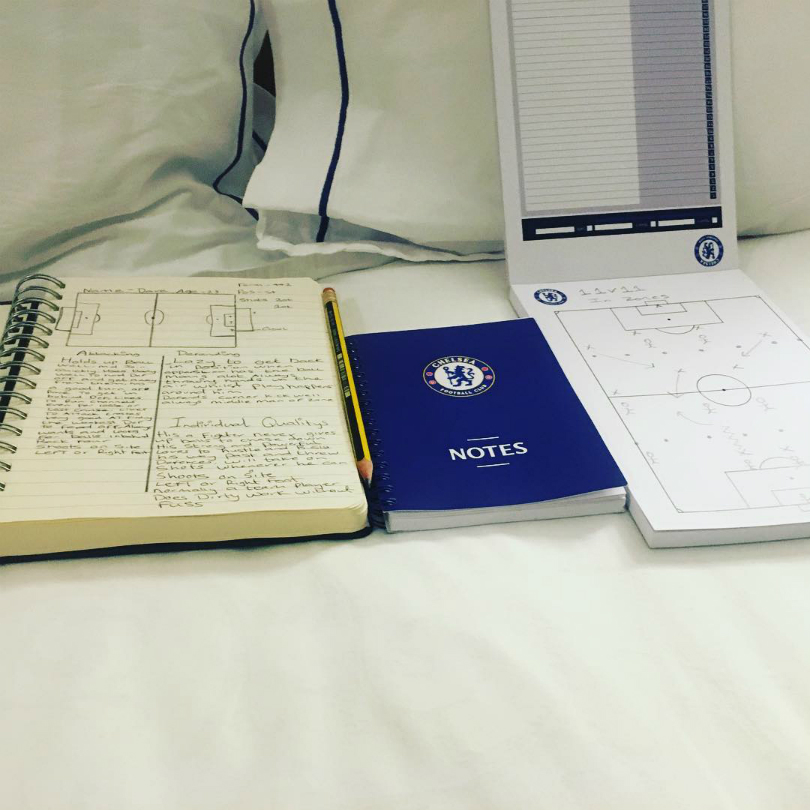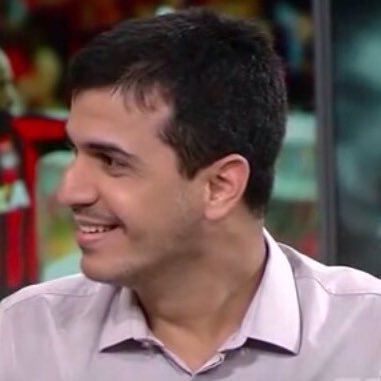Do footballers make good scouts?
Do footballers make good scouts? FFT spoke to former Chelsea defender and West Ham scout Emerson Thome about the transition from playing to unearthing talent.

Lots of scouts come from non-playing backgrounds - do you have an advantage when looking for talent because you were a footballer?
Not necessarily. If you’ve been a player, it helps in certain ways as you need to be able to observe how players react to situations under pressure and off the ball, that perhaps not everyone will be able to notice. However, I’m not saying that someone with a non-playing background can’t do the same. In this job, you’re always learning. The first responsibility of a scout is to know the side you work for, their methodology, how it works, who the coach is, his game system and what he wants from every position. If you don’t know the coach’s ideas, you’re not going to be able to work and avoid mistakes – it’s like an assembly line operation.
Recommended story: What do scouts look for in footballers?
Did you attend games with experienced scouts to learn how they observe players?
Not really. When I was in Japan [Vissel Kobe were the final club he played for], I received a casual phone call from a colleague of mine who told me Everton were interested in hiring me as a scout in Portugal. David Moyes was the manager at the time and didn’t think I’d accept because the salary was a lot lower than a playing wage. But it was a new door that was opened and like any other career you start at a certain level and have to climb all the way up once again.
Get FourFourTwo Newsletter
The best features, fun and footballing quizzes, straight to your inbox every week.
I had the chance to work with Moyes and also Roberto Martinez at Everton and then I had an offer to join West Ham. I accepted it because of how much the club has improved in recent seasons with the new stadium and training ground. Growing up, they always had a very traditional approach to developing young talent - players like Joe Cole, Rio Ferdinand and Frank Lampard. That really appealed to me.
Do you specifically scout South American players?
Much of my work is concentrated in Portugal and Spain and a little bit in South America. The biggest issue for Brazilians and other foreign players is that the Premier League is the only division in the world that doesn’t accept footballers who don’t hold a local passport or have a certain number of caps for the national team. There’s now a new window open for young players but it’s still too small.
Recommended story: What do scouts look for in strikers?
Are there any players you have watched who immediately stood out?
I was in Argentina in May 2016 and had the chance to watch a game between Rosario Central and Palmeiras in the Libertadores Cup. Gabriel Jesus played and you could tell he was pure talent; he had everything needed to be a success in English football. Ricky Alvarez from Velez Sarsfield, Sandro from Internacional de Porto Alegre and other names were all observed in the past. [Manuel] Lanzini is also a product of this work – he reminds me of Juninho.
Clubs also use technology to scout players - is data as reliable as the trained eye of a scout?
We have a piece of software that is adapted to our needs – it’s like this at West Ham and it used to be the same at Everton. Scouts work as a network. We cross names off our list, point out problems we might face if we go ahead with a deal and that kind of thing. Data is important, but as I said, you cannot just rely on numbers and that’s why we have the final elimination phase where you attend the match to follow the player in person.
Recommended story: Scouting mistakes to avoid
What’s the biggest thing you’ve learned as a scout so far?
I played in four different countries and I can tell you that a footballer is not a machine and he’ll not fulfill your expectations every time you watch him. There are also those players that you don’t believe in, who surprise you. An example would be a former colleague of mine, Juninho Paulista, who many said did not have the qualities needed to play in the Premier League, but succeeded with Middlesbrough.
Marcus Alves is a freelance journalist based in Lisbon and has written for FourFourTwo since 2012. He can also be found at BBC Sport, the Telegraph, Kicker and Yahoo. A former ESPN reporter, he covered 12 games in 15 days during the 2014 World Cup in Brazil, but can barely remember any of them. He blames cachaça for that.

